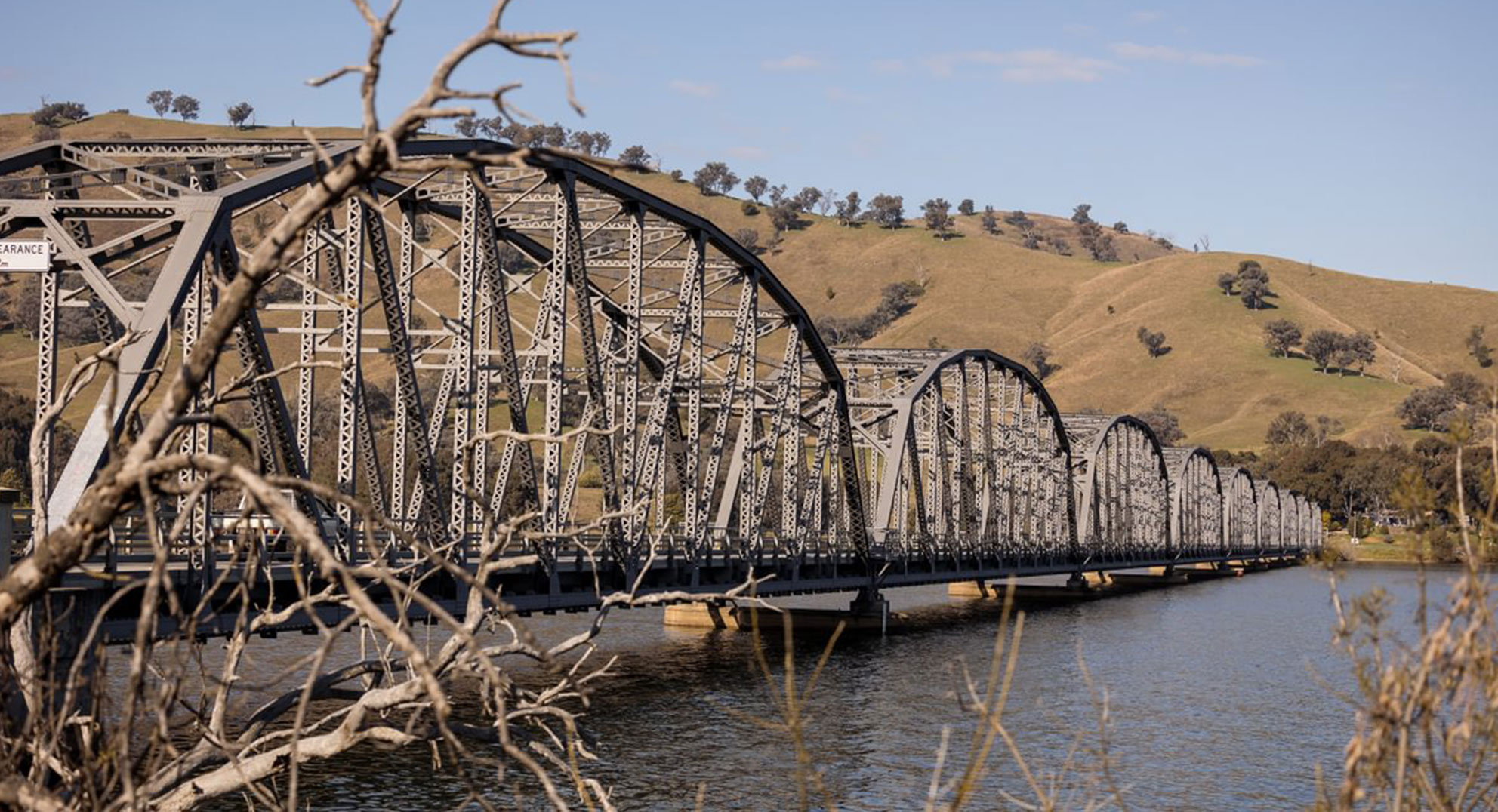Building capacity to adapt to a more variable water future

Status
In Progress
Project Type
Quickstart
Timeframe
2023 - 2024
Core Partners
University of Melbourne, North East Catchment Management Authority, Goulburn Broken Catchment Management Authority, Australian National University
This project responds to the challenge of understanding the complex web of processes and institutions influencing water management decisions, with a focus on the North East and Goulburn Broken catchment regions.
About the project
This project will identify the key actors, organisations and policies shaping water governance, management, and use. It aims to explore how decisions will be influenced by a future with less water, and who has the responsibility to make different decisions and how the decisions interact across scales.
The project focuses on engaging local communities, First Nations groups, and various stakeholders to build a shared understanding of water management challenges. By enhancing collaboration and knowledge sharing, the project aims to lay the groundwork for effective adaptation strategies in the face of evolving water availability conditions.
To tackle these challenges, this project will:
- Map stakeholders and decision-making: Identify the organisations, policies, and actors shaping water governance in the regions, and understand how decisions are made, who holds jurisdiction, and how these decisions interact across different scales of governance.
- Define climate-ready objectives: Collaborate with stakeholders to establish objectives that are resilient to climate change impacts, encompassing cultural, economic, social, and environmental values, informing future decision-making processes.
- Assessing threats and uncertainties: Identify the primary threats posed by climate change and water scarcity in the region, and evaluate existing knowledge gaps and uncertainties to guide future research and decision-making efforts.
- Support adaptive decision-making: Map out a comprehensive work plan to address technical gaps and enhance communication, including empowering stakeholders to participate effectively in decision-making processes within their agencies and across other government bodies.
Outcomes
This initiative not only supports regional adaptation planning but also contributes valuable insights that may influence similar efforts in other water-stressed regions. Through robust stakeholder engagement and thorough assessment, the project aims to foster resilience and sustainable water management practices across the Murray–Darling Basin.